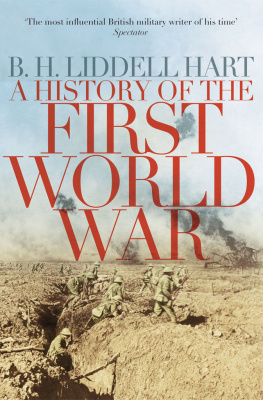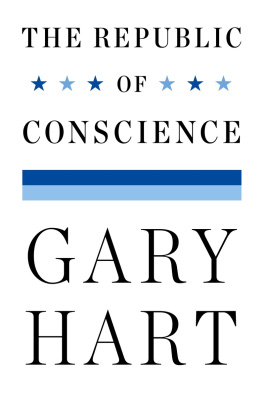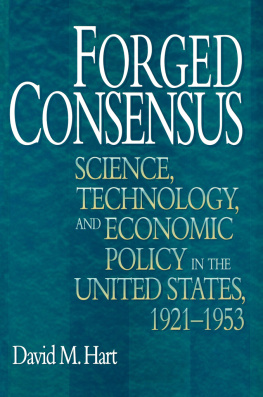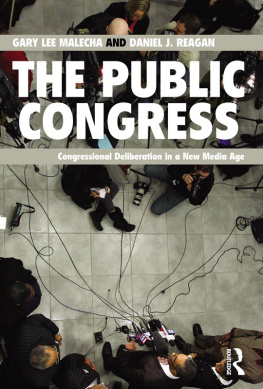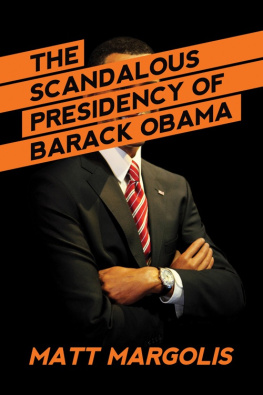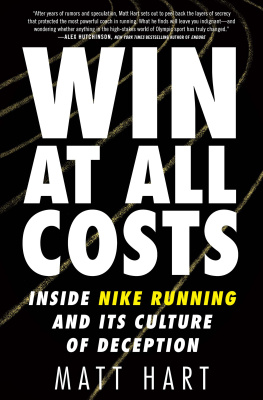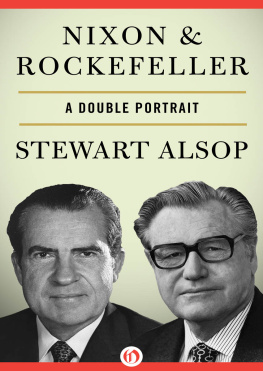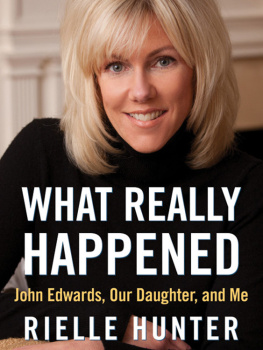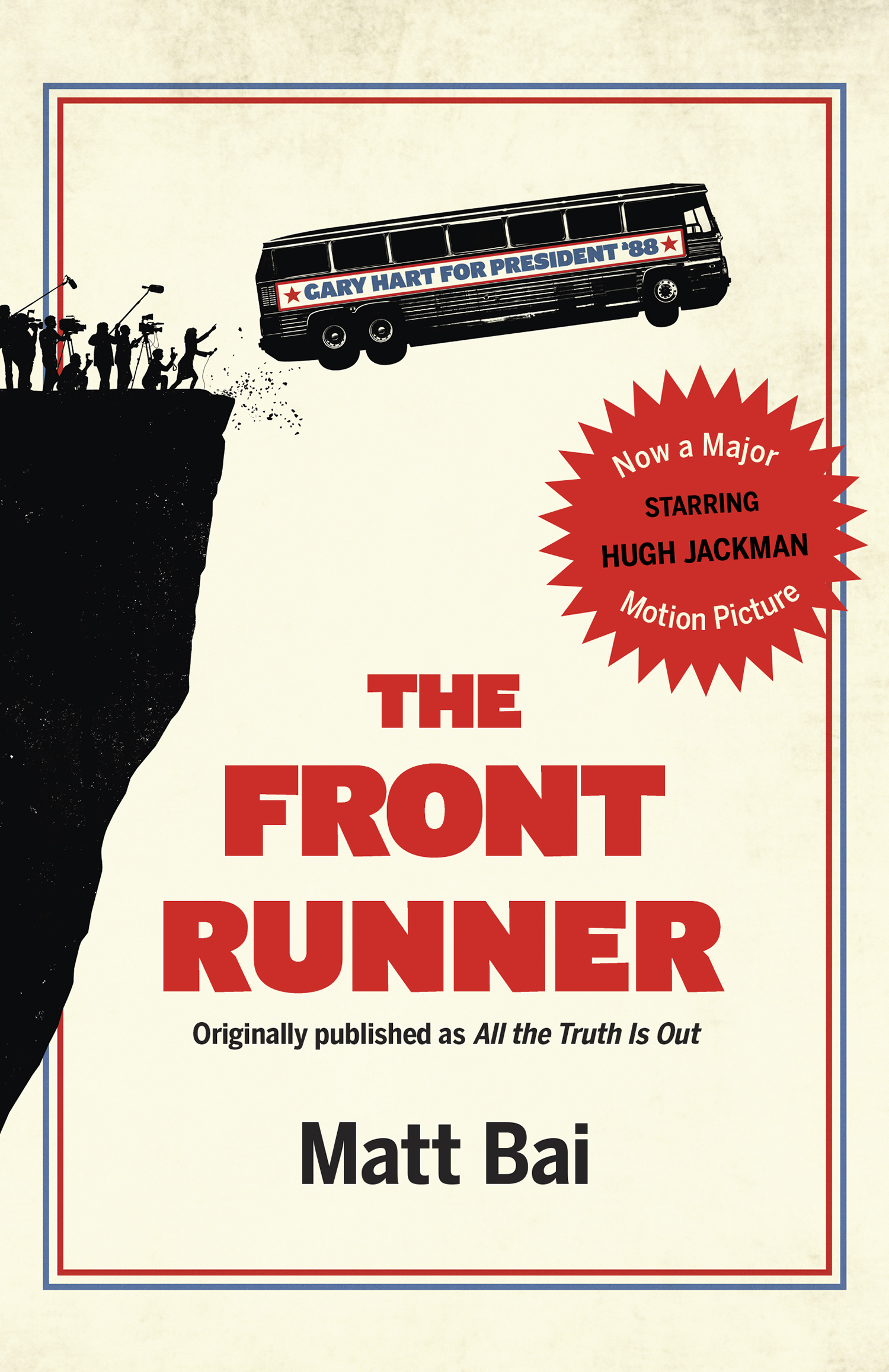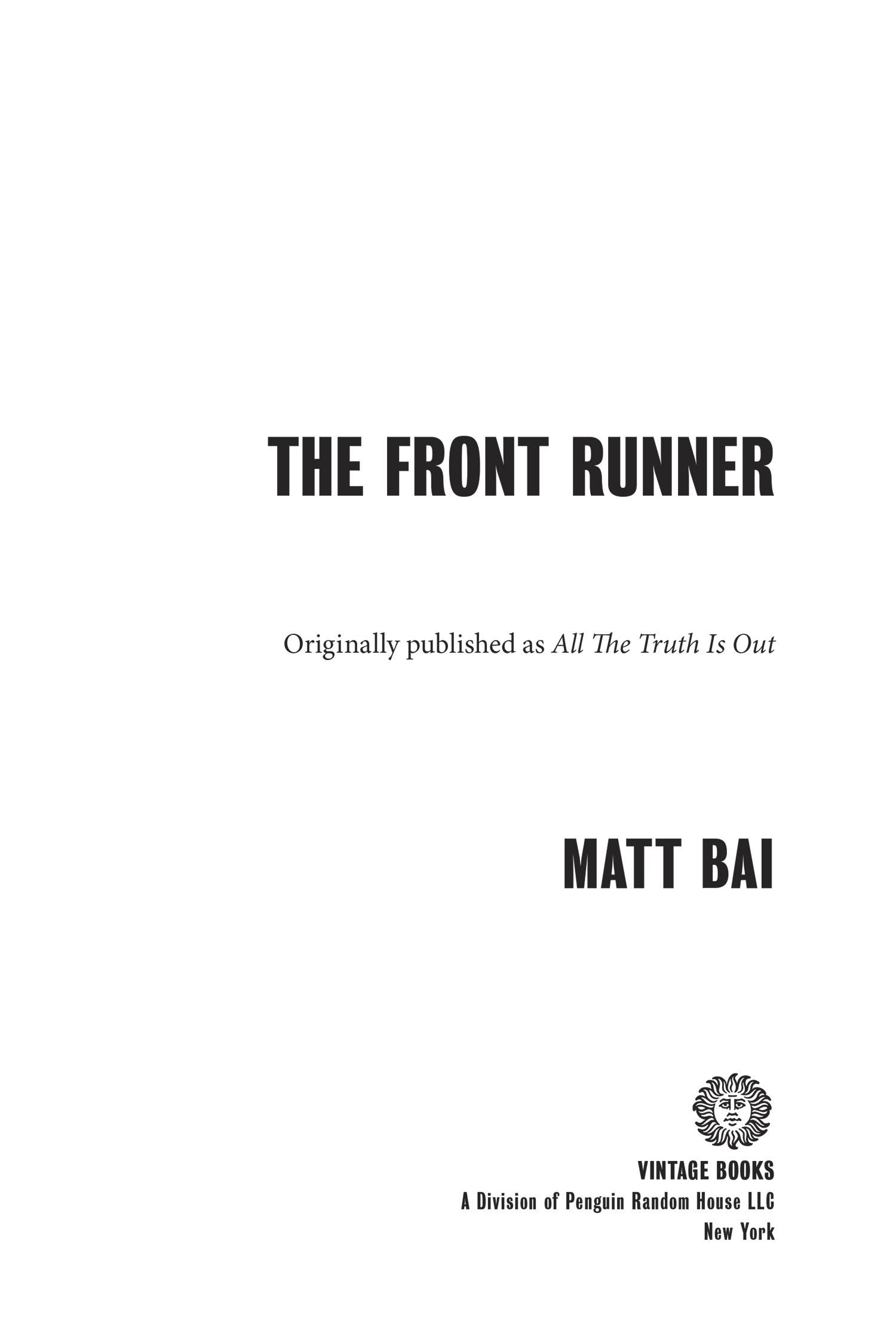Praise for Matt Bais
ALL THE TRUTH IS OUT,
the basis for the film The Front Runner
A miniclassic of political journalism that will restart the debate of 1987.
The New York Times Book Review
Compelling. Bais superb book provokes many questions, and I gulped it down in a single sitting.
Ken Auletta, The New Yorker
This book isnt just for politicos. It is a must read for anyone interested in contemporary politics and media.
The Christian Science Monitor
All the Truth Is Out offers a terrific portrait of how news gets made. Its riveting, a slow-motion car crash[with] shrewd observations on the miserable state of contemporary political journalism (and politicians). The media, as Hart experienced, pick and choose raw material from an individual life and fashion an image that often bears only a slim resemblance to the human being behind it. What matters is not who someone really is or what he has done. What matters is the symbolic need he meets.
Salon
Fast-moving [and] vivid. This book will tell you a lot about what politics asks of and takes out of people, and about the hightly imperfect ways in which we now assess character and substance when choosing our leaders.
The Atlantic
You think you know it all: Donna Rice, Monkey Business, Hart taunting the press. You dont. The combustible mix of new technology and politics was birthed in [the 1987] presidential campaign, and there was no turning back.
NPR
A masterfully written account. This first-rate work of political journalism will fan embers long thought to have gone out.
Publishers Weekly (starred review)
Bai shows that he is [Richard Ben] Cramers worthy successorhis important cautionary tale will resonate with journalists and members of the media as well as with political players and readers of current history.
Library Journal (starred review)
In the tradition of his friend Richard Ben Cramer, Matt Bai astonishes us by delving deeply into a story and thus overturning our views about how the press should cover politics. This fascinating and deeply significant tale shows how the rules of American politics and journalism were upended for the worse by the frenzied coverage of Gary Harts personal life. The soot still darkens our political process.
Walter Isaacson, author of Steve Jobs
What a tally of loss is to be found in this passionate and unsparing book about a turning point in modern Americaan insiders account, brilliantly told by one of Americas finest political journalists.
Lawrence Wright, author of The Looming Tower
Important and compassionate.
Ted Koppel
A volume of insight and wisdom, an uncommon page-turner about the turning points we dont recognize until were too far beyond them to turn back.
Minneapolis Star Tribune
MATT BAI
THE FRONT RUNNER
Matt Bai is the national political columnist for Yahoo News. For more than a decade he was a political correspondent for The New York Times Magazine, where he covered three presidential campaigns. He is the author of The Argument: Inside the Battle to Remake Democratic Politics, named a notable book by The New York Times. He lives in Bethesda, Maryland.
www.mattbai.com
@mattbai
ALSO BY MATT BAI
The Argument: Inside the Battle to Remake Democratic Politics
FIRST VINTAGE BOOKS MOVIE TIE-IN EDITION, OCTOBER 2018
Copyright 2014 by Matt Bai
All rights reserved. Published in the United States by Vintage Books, a division of Penguin Random House LLC, New York, and distributed in Canada by Random House of Canada, a division of Penguin Random House Limited, Toronto. Originally published in hardcover as All the Truth Is Out in the United States by Alfred A. Knopf, a division of Penguin Random House LLC, New York, in 2014.
Vintage and colophon are registered trademarks of Penguin Random House LLC.
The Library of Congress has cataloged the Knopf edition of All the Truth Is Out as follows:
Bai, Matt.
All the truth is out : the week politics went tabloid / Matt Bai.First edition.
pages cm
1. Hart, Gary, 1936Public opinion. 2. ScandalsUnited StatesHistory20th century. 3. Presidential candidatesPress coverageUnited StatesHistory20th century. 4. Press and politicsUnited StatesHistory20th century. 5. Mass mediaPolitical aspectsUnited StatesHistory20th century. 6. Tabloid newspapersUnited StatesHistory20th century. 7. CharacterPolitical aspectsUnited StatesHistory20th century. 8. Public opinionUnited StatesHistory20th century. 9. LegislatorsUnited StatesBiography. 10. United States. Congress. SenateBiography.
I. Title.
E 840.8. H 285 B 35 2014328.73092dc232014001033
Vintage Books MTI ISBN9780525566137
Vintage Books Trade Paperback ISBN9780307474681
Ebook ISBN9780525567301
Author photograph Robyn Twomey
Motion Picture Artwork 2018 CTMG.
All rights reserved.
www.vintagebooks.com
v3.1
For Ellen
Gatsby turned out all right at the end; it is what preyed on Gatsby, what foul dust floated in the wake of his dreams that temporarily closed out my interest in the abortive sorrows and short-winded elations of men.
F. SCOTT FITZGERALD
CONTENTS
PREFACE
WHAT IT TOOK
ONE OF THE FIRST PEOPLE I CALLED after I decided to write this book in 2009 was Richard Ben Cramer. This was not a call I made lightly. I had, by this time, been writing about politics for The New York Times Magazine for the better part of a decade, so I was not exactly a journalistic unknown. But Richard was in a different category altogether. He was one of the greatest nonfiction writers of this or any age, and his seminal, 1,047-page chronicle of the 1988 presidential campaignWhat It Takes: The Way to the White Housewas arguably the greatest and most ambitious work of political journalism in American history.
We had talked by phone in the past, and I had written about him once, but never before had I sought his counsel. I feared finding out that one of my literary heroes was just another dismissive egoistthe business is full of themwho didnt have time to dole out advice.
About thirty seconds into the conversation, Richard invited me to lunch at the old farmhouse he shared with his girlfriend (and later wife), Joan, on Marylands idyllic Eastern Shore. Anytime I liked, he said, just pick a day, he wasnt doing much other than writing. The grace of that invitation wouldnt have surprised anyone who knew him.
The next week, I drove the ninety minutes down to Chestertown, where Richard treated me to a cheeseburger as we talked about the craft of journalism and the book I intended to write. I had come to believe that there was something misunderstood and significant in the story of Gary Hart, whose spectacular collapse Richard had followed in What It Takes. I thought the forces that led to Harts undoing were more complicated and more consequential, looking back now, than anybody had really appreciated at the time. I had in mind a book not simply about a single, captivating episode in American politics, but also about the cultural transformation it portended.


